I’m trying desperately trying to amp up my binge-watching game during this time of quarantine (and we are STILL under quarantine.) This is the perfect time to catch up on movies I’ve been neglecting, and I wouldn’t want to waste this opportunity exclusively on playing the Theremin and staring off into space.
Prevenge
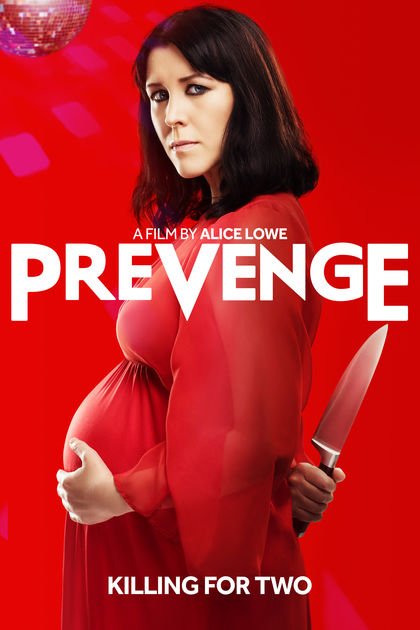
This is, for the most part, exactly what it looks like. A woman who recently lost her significant other in a tragic accident feels compelled by her unborn baby to exact revenge on those responsible. It’s a wild premise that could have been far more ridiculous, but Prevenge is more concerned with its pregnancy allegories rather than becoming a spiritual successor to It’s Alive!
Alice Lowe wrote, directed, and starred in this film, and you may recognize her from The Mighty Boosh, Garth Marenghi’s Darkplace, and The I.T. Crowd, all of which are British sitcoms with overlapping cast members. Lowe was also in Netflix’s interactive story experiment brought to us by Black Mirror, Bandersnatch, and she co-wrote the minor hit indie horror/comedy Sightseers. It’s fairly obvious that Lowe’s background is in dark comedy, and while most of Prevenge feels like a more traditional horror film, it often veers into comedic territory.
I quite enjoyed all the instances of Lowe’s character committing murder at the behest of her unborn child, and most of the horror is very blunt. Because it goes for a naturalistic feel much of the time, Prevenge plays out a bit like The House That Jack Built (though less nasty) for its first hour, which is neither a compliment nor a slight. In THTJB, Von Trier gave us a very consistent comedic tone – the blackest of black humor, with the goal of daring his audience to laugh. Prevenge tries its hand at this, and winds up feeling tonally inconsistent because of it. In every sequence, Lowe tries to build up a little suspense, but ultimately that suspense is broken when she cracks a joke about her fanny, or something similarly groan-inducing.
Everything else about this movie is just okay. Some of the characters were interesting, it was paced fairly well, and the acting ranges from sub-par to decent. The choice to voice the fetus with the most shrill and artificial voice you can imagine comes across as silly very quickly, and it’s little elements like that that really hold it back. The real shame is the potential this premise had, which was squandered in favor of a more realistic vibe. There’s some real merit here, and this is only Alice Lowe’s first film in the director’s chair, so I look forward to seeing what she does in the future.
It’s difficult to recommend this movie, but I will say that I enjoyed myself for the most part.
5.5/10
Where to Stream: You can rent/buy it from Apple and Amazon, or use the streaming service “Shudder,” which is geared very specifically toward horror.
The Lodge
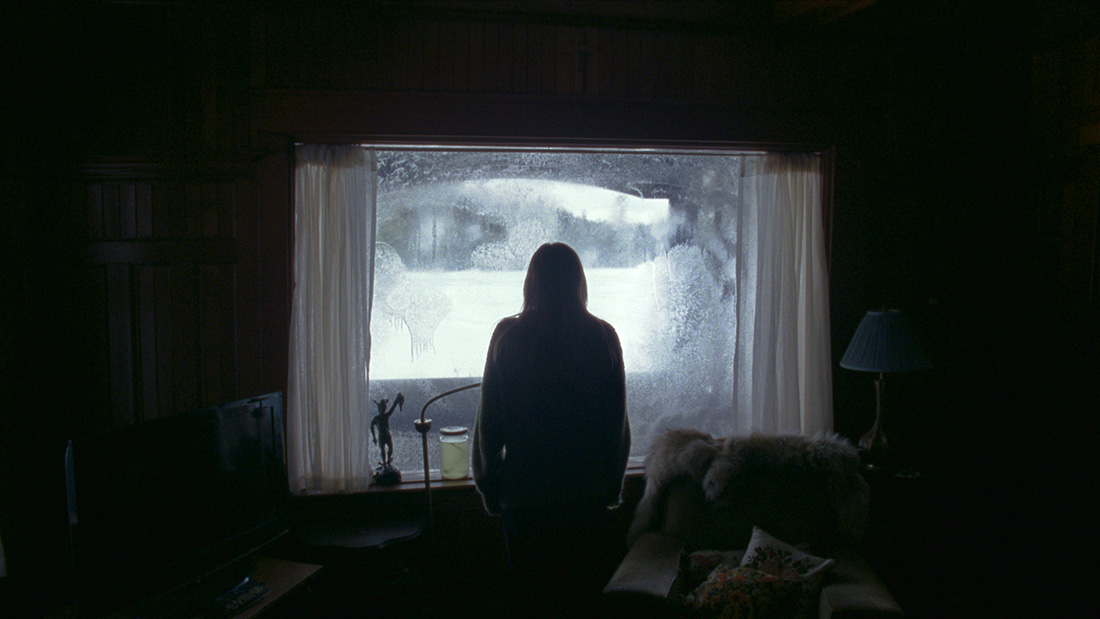
The Lodge confuses me and makes me want to scream. I have heard so many disparate opinions on this one that I’m honestly beginning to wonder if this is a modern classic in the making. Some reviews I’ve read have derided this as one of the worst January horror films in years. (Its original release was pushed back from January, presumably to avoid being lumped in with that not-so-prestigious category.) Other reviews have praised it as a complex thriller with expert cinematography.
I tried and failed to see The Lodge at Sundance, and there was a significant amount of hype at the festival for it, in part because it’s the second feature from the writer/director duo that brought us 2014’s polarizing Goodnight Mommy. However, the primary buzz wasn’t necessarily about the film’s quality, but its overwhelming similarities to the previous year’s Hereditary, which was a breakout Sundance success that launched the film to an international release and nearly universal critical acclaim.
My biggest issue initially was just how shameless the Hereditary homages appeared to be. Both films open with a dollhouse that factors into the plot. Both have a jarring death scene in their first act. Both involve slow, deliberate camera movement in dark, claustrophobic settings. Both have a female lead who begins somewhat batty and progressively becomes completely unhinged. Both are incredibly bleak. Both involve a father figure who is absent in one way or another from the goings-on of the plot. I could keep going, but I can’t really do so without delving into heavy spoilers for both films.
I’m sure that all sounds suspiciously like plagiarism, and in 2020, it certainly feels like it. Five minutes in, I was ready to write this off as an imitator, so I did a little digging. The Lodge was in production before Hereditary was screened to anyone. There’s no way that one ripped off the other – the timeline doesn’t fit. To me, that was the film’s saving grace, and elevates it from a cynical cash-grab to the gorgeous atmospheric horror tale that it is. This probably sounds like a flaw in how we perceive films in the present, but can you blame audiences for crying rip-off when the film industry has a habit of curating obnoxious trends for the sake of box office numbers with no regard to the quality of the content they’re releasing? I certainly can’t.
Without the Hereditary comparisons, The Lodge is an extremely atmospheric horror film that will either bore or infuriate anyone with a short attention span or a dislike for slow-burn thrillers. While it never felt glacial to me, it’s definitely not a swift watch, and if you’re not buying into its premise by the first 20 minutes, it’s going to be a very difficult sit. I enjoyed it immensely on a personal level, especially the cinematography and the atmosphere, but there are a few fairly egregious plot holes that prevent me from absolutely loving it. (After browsing through other perspectives on the film, I’m not even sure they’re plot holes anymore…) Going into that would be spoiler territory, and frankly, it’s best to know as little as possible about The Lodge before viewing it. If you liked Hereditary’s style, watch this immediately, and try your hardest to forget all the comparisons.
I will definitely need to sit with this for another few years to have a solid opinion.
7?/10
Where to stream: It’s available on Hulu. You can also rent or buy it from most of the usual suspects, such as Amazon, Google Play, Vudu, etc.
Have a Good Trip: Adventures in Psychedelics
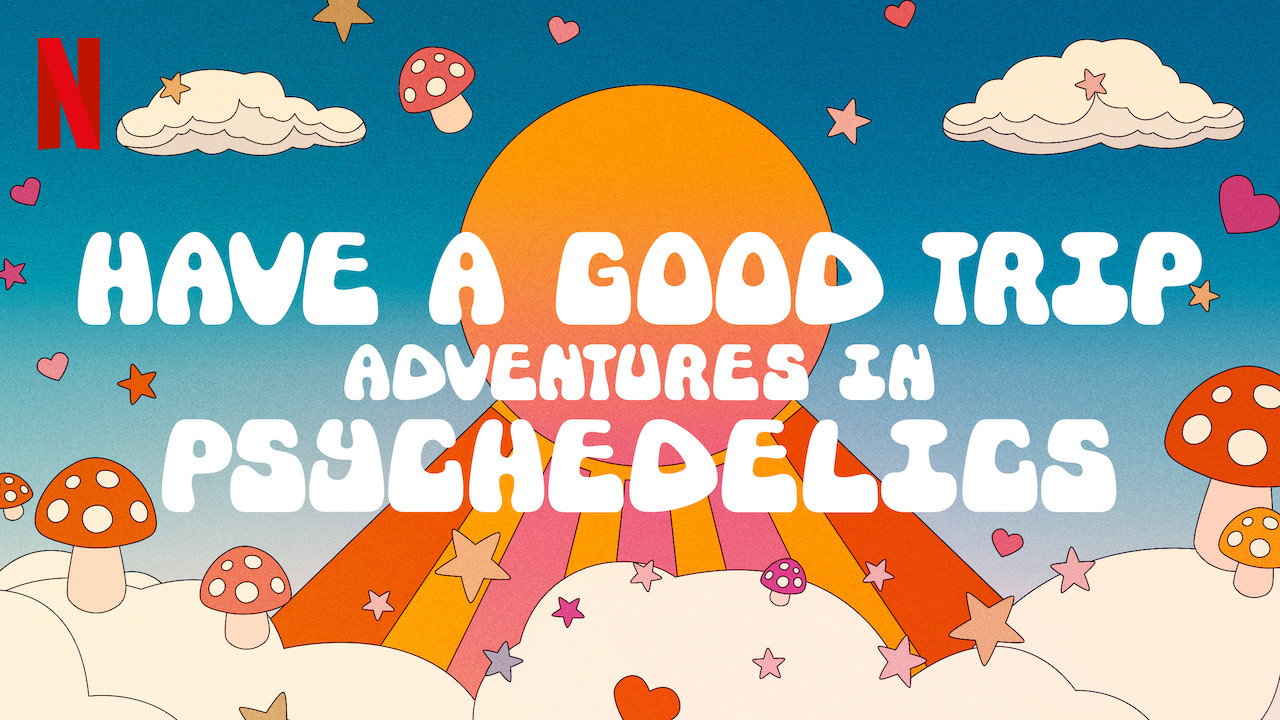
Documentaries about drugs usually come in two varieties: cautionary tales of how drugs have resulted in death and/or crime, and irresponsible glorifications of drugs by people who enjoy getting high on them and desperately want to ascribe some kind of medical or spiritual value to their narcotic of choice. Thankfully, Have a Good Trip is neither of these, and it strikes a much-needed balance in its perspectives on psychedelics. Already I’ve made this sound far more weighty and serious than it is. There is only one goal here: entertainment.
Have a Good Trip is the best kind of celebrity gossip piece: ask a bunch of celebrities about their experiences with psychedelics, and illustrate their stories. It’s often surprising who turns up in the cast list, and their experiences are notably disparate. Some subjects talk about how wonderful their experiences with psychedelics have been, others don’t recommend them to anyone, and every perspective in between is represented.
Even though the subjects chosen show a fair bit of “industry incest,” the documentary goes out of its way to show us that this is pure entertainment and not an anti-drug PSA or a psychonaut rabbit hole. The animations provided alongside some of these stories are fairly interesting, and they’re definitely the highlight visually.
Of those interviewed, there are two big names that stood out to me: A$AP Rocky and Carrie Fisher. For those who aren’t keeping up with today’s vast wasteland of generic trap-inspired hip-hop artists, A$AP Rocky is the rapper responsible for a song called LSD. Its surreal music video is probably the only thing I like about A$AP Rocky as an artist, and it’s heavily inspired by Gaspar Noe’s Enter the Void, which is French, so of course I love it. It always bothered me a little that A$AP chose this film, because the drug it references in its opening scene is very clearly DMT, not LSD. It’s all clear to me now though, because apparently this man is a lightweight when it comes to psychedelics – his interview ends up being one of the few that actively discourages use of the drug.
Carrie Fisher, Princess Leia herself, is by far the best subject in this documentary. It’s probably more fun to experience her story unfold for yourself, so I’ll just say this: Fisher, topless and on way too much acid while on a beach, begins to believe she is her character in Star Wars, and eventually flees because she “feels a disturbance in the force.” Comedy gold.
7/10
Where to Stream: Netflix
Surviving R. Kelly: Season 1
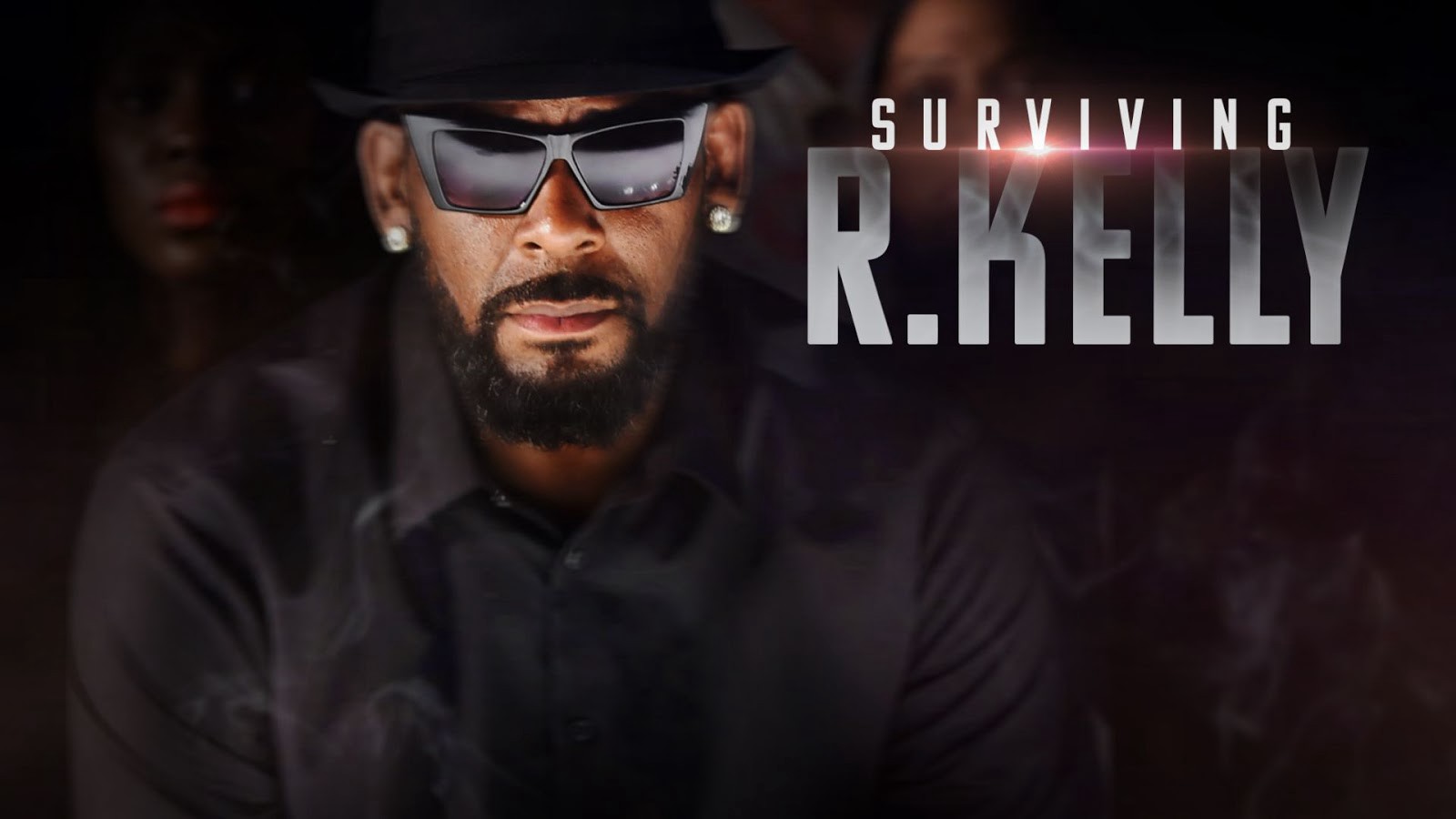
I’m still waiting on my “I survived Surviving R. Kelly” T-shirt, because anyone who sits through all of this deserves one.
This documentary was released fresh off the heels of all the buzz surrounding Leaving Neverland, the Michael Jackson doc that goes into some excruciating detail regarding the allegations of abuse against him. The MJ doc was an altogether unpleasant experience (although the argument could be made that it was certainly “important,” because in the wake of such horrendous detail, it becomes really difficult to deny that the pop icon was anything but a sadistic pervert.) Surviving R. Kelly comes close to reaching those same peaks (or valleys), but unlike the MJ documentary, it restrains itself a little from dwelling on the most graphic details. I’m not trying to imply it isn’t disgusting, but while Leaving Neverland left me wanting a shower, Surviving R. Kelly left me wanting to stay as far away from one as possible – especially of the golden variety.
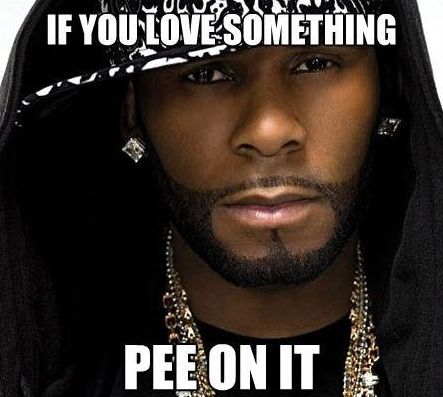
I had a really hard time justifying the existence of Leaving Neverland as I watched it, simply because listening to testimonials about molestation for four hours probably shouldn’t qualify as entertainment. To be fair, it did focus on many perspectives we hadn’t heard before, specifically regarding MJ’s manipulation of family members, and the second half was far more tame.
Unlike Leaving Neverland, I don’t really feel the need to justify the existence of Surviving R. Kelly. Sure, it focuses on Kelly’s bizarre abuse, but it also shows us how society and its relationship to the entertainment industry has allowed his behavior to continue. While it was pretty impossible to avoid the MJ saga, I didn’t follow the R. Kelly case very closely, so there were some real revelations here for me.
The further you get into the documentary, the more you realize how much you actually DO know, and that becomes the scary part. When I slowly put together the timeline of the events that transpired, I began to realize that R. Kelly is not just “that guy who got caught urinating on some woman.” He appears to be something of a cult leader, with several women still to this day held hostage, and his legal team seems to have strategically allowed the case to drag on in apparent hopes that America will soon forget his transgressions. Even worse, either his PR team or Kelly himself have continued to taunt the public for over a decade. Knowing that songs like Age Ain’t Nothing But A Number were released DURING various scandals is just chilling, and Surviving R. Kelly’s secondary goal is clearly to remind us that his abuse allegations are no joke, and his depravity doesn’t stop at a urine fetish.
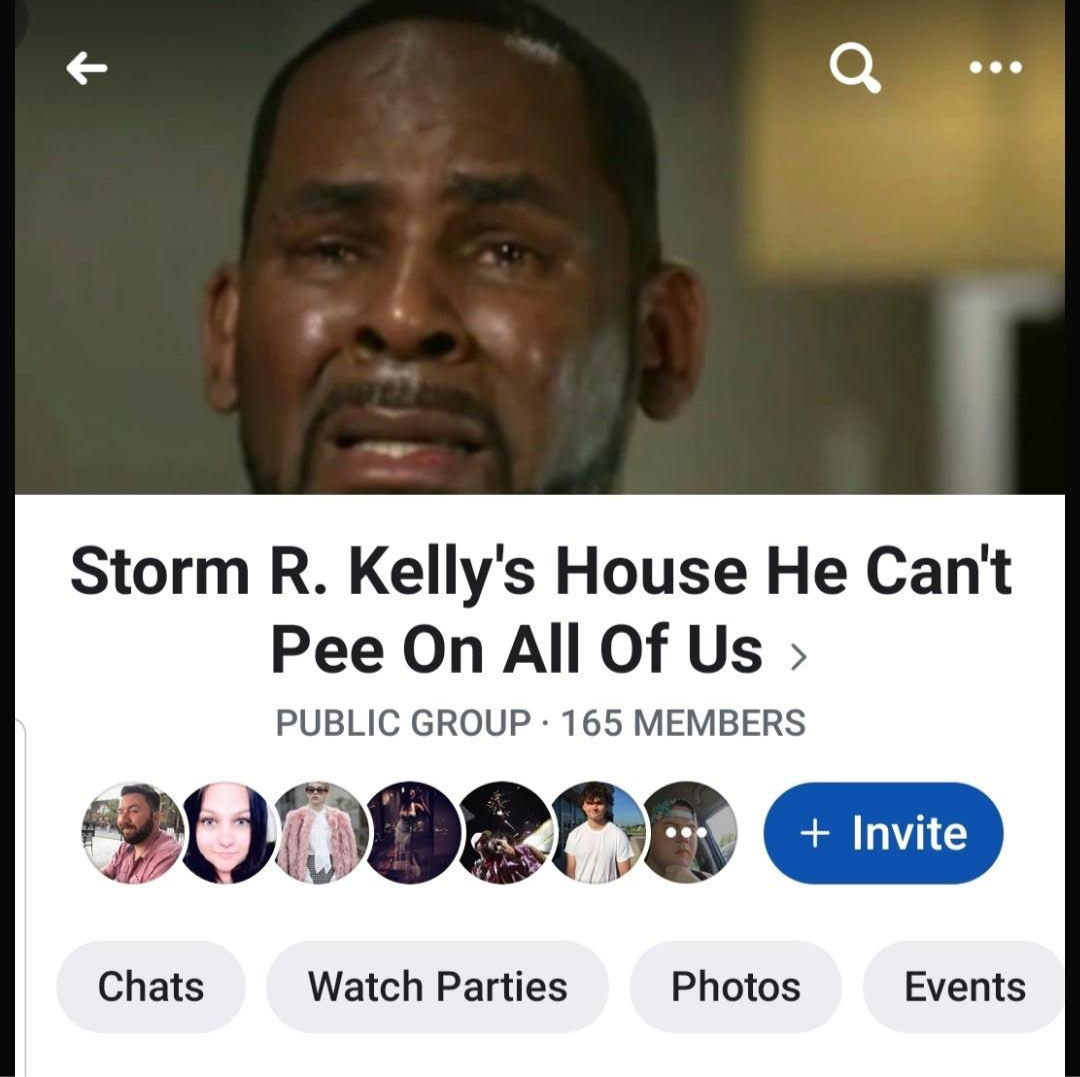
The documentary’s primary goal, however, is a bit more dubious. These people want R. Kelly locked up, badly, and that feels like the objective of the entire project. There’s a whole spectrum of potential perspectives on how ethical it is to release a documentary series that essentially serves as a witness for the prosecution, but it appeals to the wild kangaroo court of public perception. Take issue with that if you want, but it’s still shocking and entertaining.
Edit: The series ends rather abruptly, but fret not! I discovered today that there’s a 5-episode season 2, and while the prospect of that scares me, I’m too curious to avoid it.
6/10
Where to stream: Season one is on Netflix. If you want to see Season two, you’ll have to wait for Netflix to scoop it up, or you can sign up for the Lifetime Channel’s streaming service, MyLifetime. I had no idea this existed until just now, but I can’t imagine what a horrendous cesspool of disgusting content must exist on that platform. If the prospect of a Lifetime Channel streaming service appeals to you, you may have found your new Netflix. May god have mercy on your soul.
Tall Girl
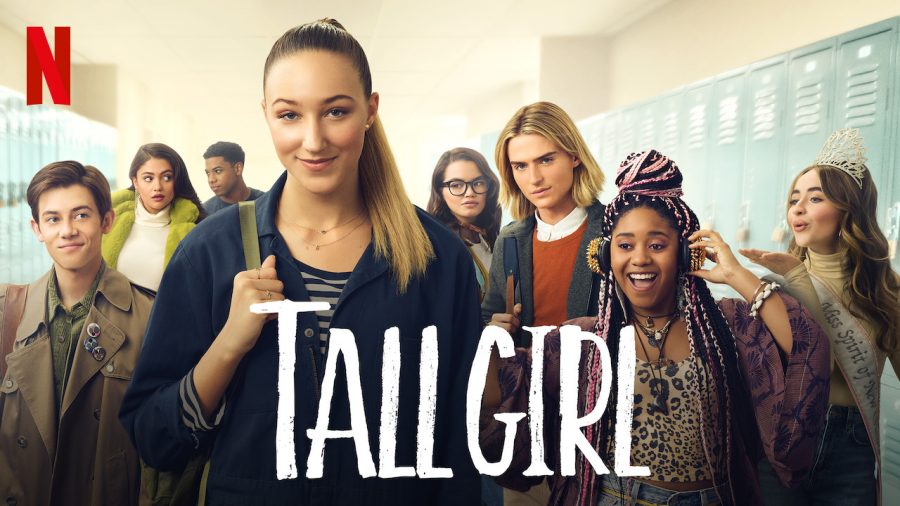
You may have seen this teen rom-com advertised on Netflix when it was released – because Netflix pushed it hard. That stopped almost immediately after reviews began pouring in, because that’s the Netflix model.
This year’s young adult critical punching bag may not be as problematic as all the glossed-over rape in 2018’s Every Day, but it’s just as mind-bogglingly inept. The basic premise involves a fairly tall (and insecure) teenage girl, her short yet faithful best friend who is secretly in love with her in spite of her stature, and a tall blonde Swedish exchange student who was the “ugly kid” at his former high school (because everyone in Sweden is tall and blonde – no really, this is the actual rationale we’re given.) The titular tall girl is after the hot Swedish guy, in part because she knows that dating him will make her more popular. Every character in this film, including the three leads, is a self-involved asshole. I know teenagers are flawed, but DAMN! These kids really suck.
The most obvious, gigantic flaw in this story is the issue of height. Maybe I’m just out of touch with what being a teenage girl is like, but I can’t remember a single girl in high school or junior high who was picked on for being too tall. I know it happens, because teenagers will pick out anything that makes you different and crucify you for it, but I still don’t understand why the film seems to think that height is such a horrible disadvantage. Has this writer ever met a professional model? Because they’re usually huge.
This must mean Mariel Hemingway is unattractive. She’s literally slouching in this photo. What a freak?
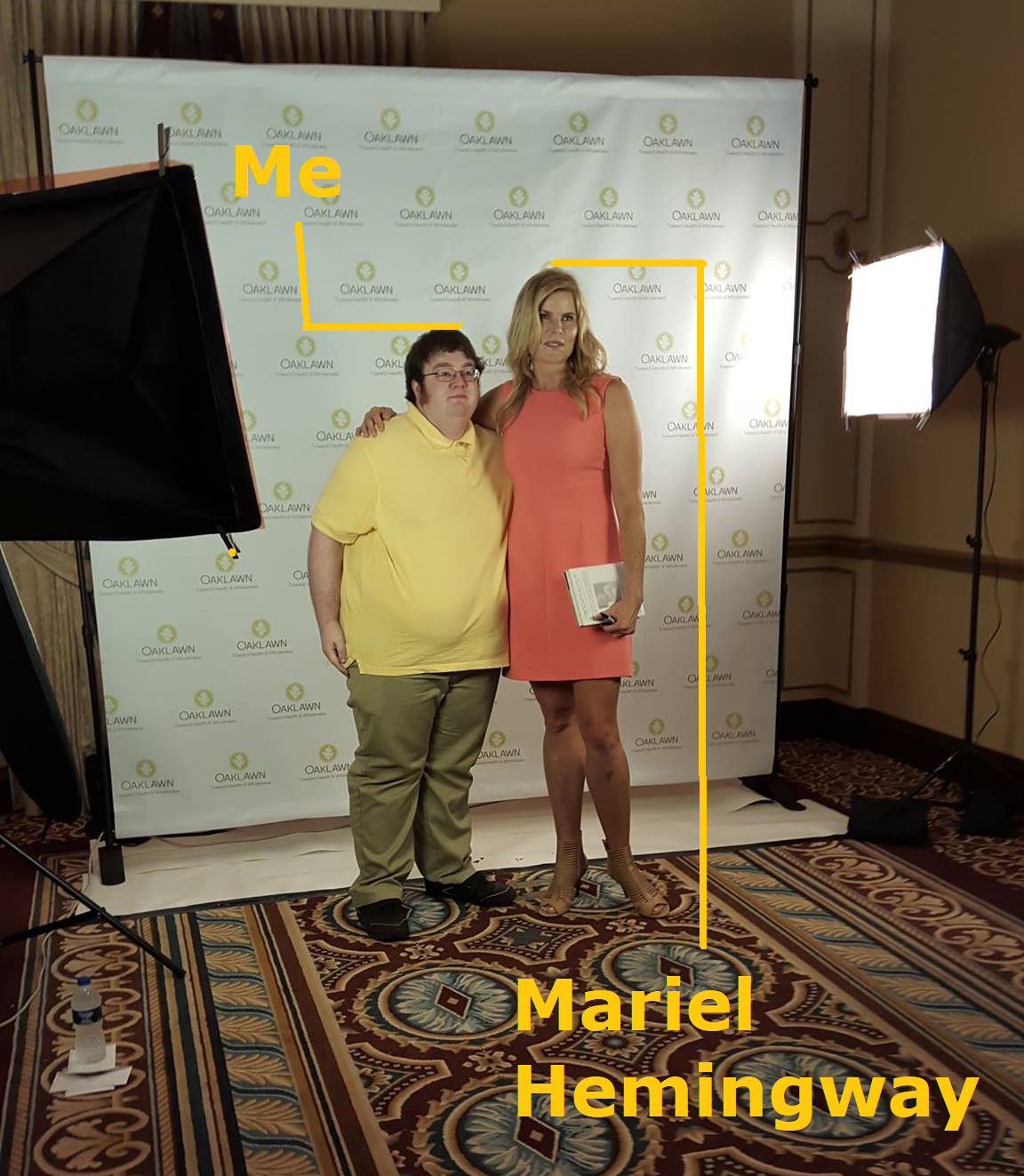
To make this issue even worse, the lead actress is not extraordinarily tall, but to create the illusion that she is, the cinematographer uses a number of perspective tricks. Remember the 2000s Lord of the Rings adaptations, and the hype around how they made Elijah Wood look as short as a hobbit is supposed to be? They’re doing the same thing here, except they’re doing it badly, and only when it matters to the plot. When the lead rejects her short best friend’s romantic advances (rather flippantly) during science class, the two are forced to stand next to each other in certain shots. During this sequence, he slouches close to the table, which would already be enough to convey a height contrast. However, someone went the extra mile and most likely made her stand on a box, making that contrast look fucking ridiculous. It almost seems like this is played for comedic effect, but it’s honestly difficult to discern, because it’s not very funny. In other scenes, the lead and her friend seem to be about 4” apart in height, maybe less, as if someone forgot that this film is all about her exaggerated stature.
You might wonder why I watched this in the first place, because I am definitely not this movie’s target demographic. I wanted a so-bad-it’s-good movie, and this looked like exactly the kind of train wreck I was seeking. If that’s what you really want, watch this now, because it’s impressively bad. You should also watch The Kissing Booth if you haven’t, because it’s just as terrible in similar ways. I refuse to give that one its own blurb, but Tall Girl was just too awful not to comment on.
2.5/10
Where to stream: Netflix, of course.
The Platform
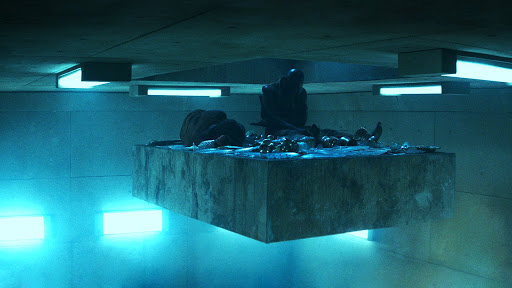
The Platform is a high-concept thriller from Spain that Netflix picked up a few months ago. I made the fatal mistake of being lazy and sticking to Netflix’s default audio stream – the English dub. This dub is bad – so bad, in fact, that it may have sullied my experience with the whole film. 2/3 of the way through, I realized that Netflix probably has the original Spanish language track, and definitely has English subtitles. If you decide to watch The Platform, here’s a comprehensive tutorial on how to switch audio tracks within any Netflix-compatible device (It’s not hard, I promise):
https://help.netflix.com/en/node/372
I heard quite a bit of love for this just prior to its Netflix release, and I see why, but some of this praise is just ridiculous. I’ve seen comparisons to a variety of high-concept sci-fi works, the films of Luis Buñuel, and even Samuel Fucking Beckett. That didn’t stop me from hating most of it.
The film’s central concept is a transparent political allegory. A variety of individuals, some prisoners, some volunteers, are placed in cells together, two at a time. Periodically, they are drugged and moved to different cells, which are all arranged vertically. In the center of each one is a square-shaped hole where a platform descends each day. The platform begins at the upper level with a gigantic feast, and after a few minutes moves to the next cell. By the time it reaches the final floors, there’s rarely any food left.
Goreng wakes up in a cell after volunteering for the experiment. His cellmate is a cranky old man (who I refer to as “Hannibal Lecture”), and after spending the first half hour explaining how the platform works, we find out he’s a cannibal. Goreng wakes up in a different cell, with a different roommate who represents a different side of class struggle. This new cellmate explains new facets of the platform. Repeat. It’s the most disgustingly obvious class commentary, and the sheer amount of blunt, unambiguous exposition is just unacceptable.
I’ll admit, some of the acting is fine, the sets are alright, and there is some legitimately interesting class commentary to be found here. This is not a film devoid of merit, but it’s definitely a film devoid of any respect for its audience.
Since I’m excessively comparing films to each other today, I’ll mention that quite a bit of The Platform reminded me of the 1997 cult film Cube. The latter isn’t perfect, but I enjoyed most of it. If you take every scene that makes Cube awkward (the ones where characters spontaneously have revelations about how the cube they’re trapped in works) and expand them into a feature-length film…that’s The Platform. You might like it, but I’m not you.
4/10
Where to stream: Netflix
Horse Girl
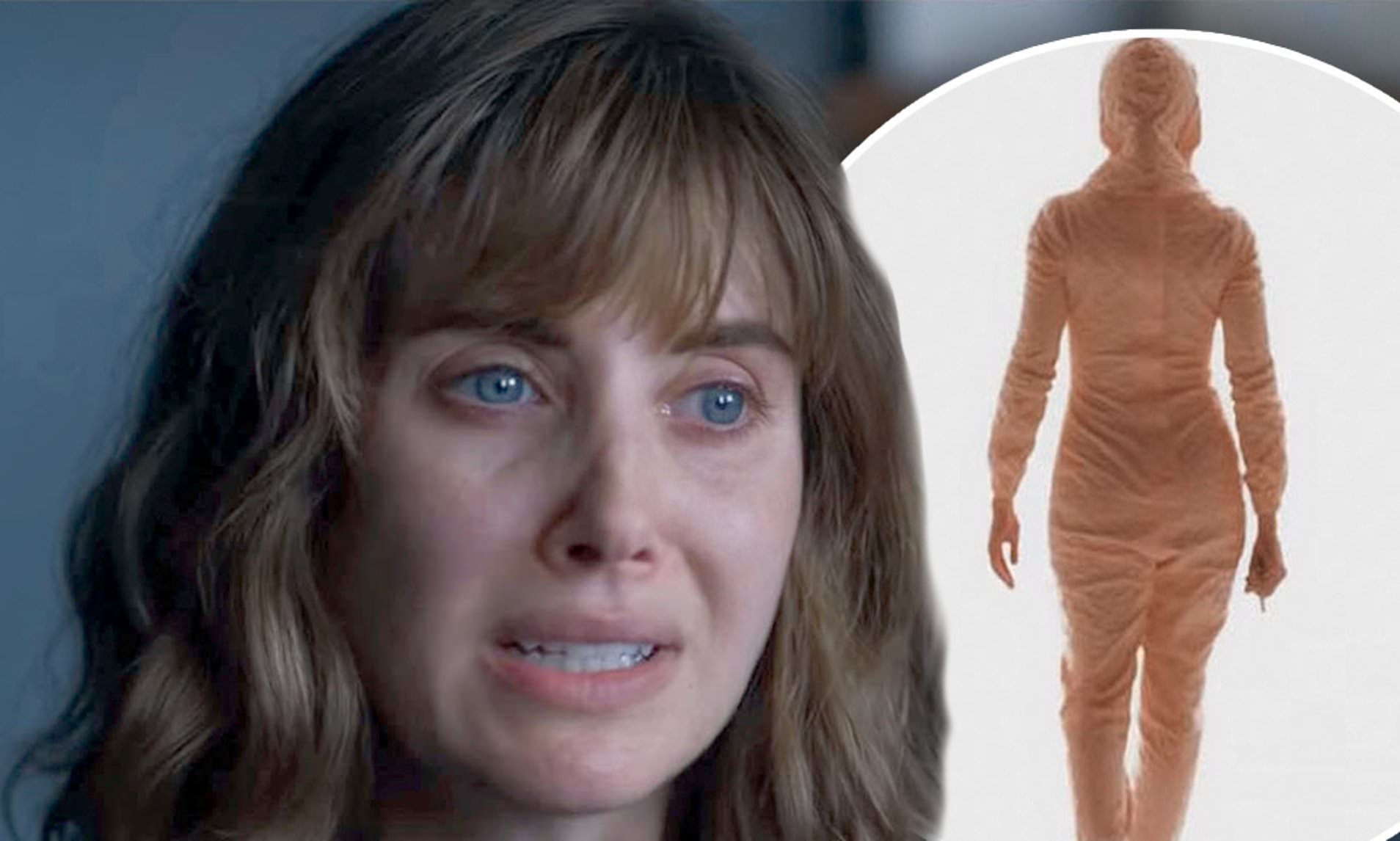
Horse Girl stars Community’s Alison Brie. Brie has a history of being typecast as the manic pixie dream girl who’s just a little too manic to be desirable and not quite attractive enough to be a dream girl. She’s playing a very similar character here, but in a very, very different film.
The first half of Horse Girl is a straight-up quirky indie comedy with a few uncomfortable elements thrown in. By the second half, those elements become the focus, and it gradually slips into a surreal nightmare. Saying anything else about this would spoil the experience significantly, because it banks heavily on keeping the viewer in the dark. Just know that, in my opinion, it’s definitely worth watching, and it’s going to get weird.
7/10
Where to stream: Netflix